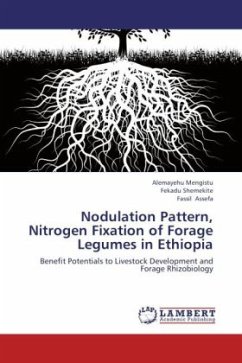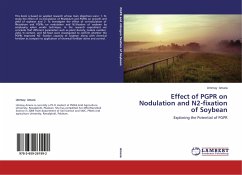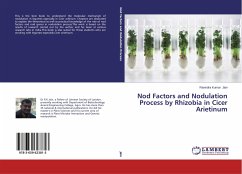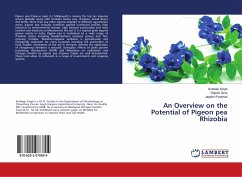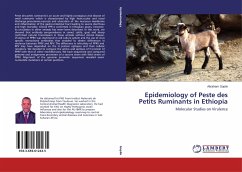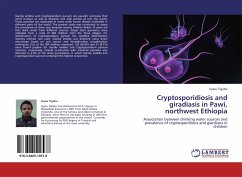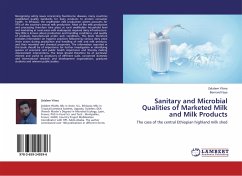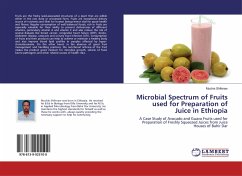Over the last three decades, use of forage legumes in Ethiopia has increased exponentially to supplement protein requirement of ruminant animals. Some of these were Macroptilium atropurpureum,Desmodium, Stylosanthes, Lablab Purpureus, Vigna unguiculata, Vicia dasycarpa and Medicago sativa. For development purpose seeds have been imported from Australia, the Caribbean and Central America, Mediterranean and West Asia costing hundred thousand USD. Mostly, research on agronomic and adaptability of these legumes were undertaken by national and international institutes before releasing for development programs.However, it gradually became apparent that performance of many of the species has been found to be ambivalent so that some are failed to persist in the production system. The failure of these legumes could be as a result of absence of compatible and infective root nodule bacteria. So far, studies on nodulation and nitorgen fixation of these forage legumes have not been reported.This research book, therefore, provides invaluable data for researchers, development agents and livestock owners about the importance of compatible and effective indigenous rhizobia before importation.

